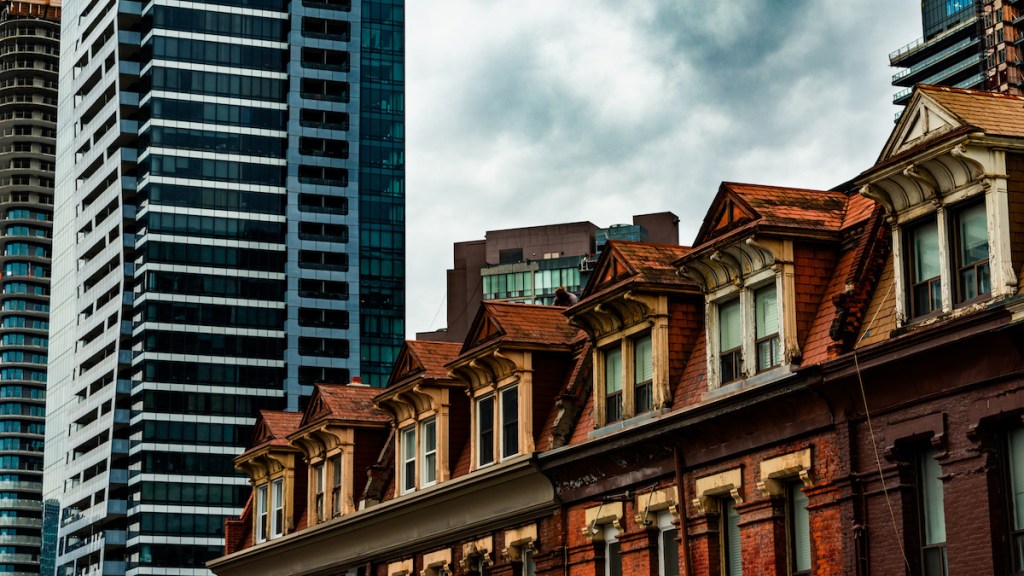A recent study from the Urban Institute reveals that higher housing costs as a result of the shortage of housing inventory is leading affluent buyers to seek out low- or moderate-income neighborhoods.
This creates gentrified neighborhoods.
Due to historical housing inventory shortages, gentrification is happening quicker.
According to the 2018 Home Mortgage Disclosure Act and 2018 American Community Survey data, nationally, 14% of low-income buyers are taking out new mortgages to buy homes in low- or moderate-income neighborhoods. This is happening at much lower rates than low-income homeownership rates in these neighborhoods, which is 31%. While the Urban Institute report was written shortly before the latest HMDA data came out, the 2019 ACS data will not be available until this fall.
Steps made to decrease gentrification disparity include boosting housing supply by easing local land use as well as easing building and zoning restrictions to make homes affordable, the Urban Institute said.
This would also lift barriers as to who can buy a home, and thus slowing down the pace of gentrification.
The report also pointed out that there are considerably fewer borrowers with low incomes who have mortgages, which is largely due to the lack of supply of houses for sale and mortgages at the lower end of the housing price spectrum.
Of households with moderate incomes, earning 50% to 80% of area median incomes, the share of new mortgages is 31%, compared to the 21% of the share of current homeowners.
For middle-income households, earning 80% to 120% of area median incomes, the share of mortgages is 27%, while rates of those already owning homes in the neighborhood are 21%.
Across the U.S., high-income households represent 45% of homeowners, 48% of all borrowers and 28% of borrowers in low- to moderate-income areas in 2018.






